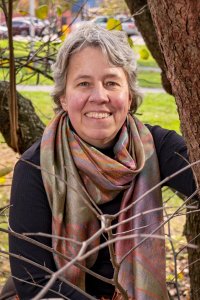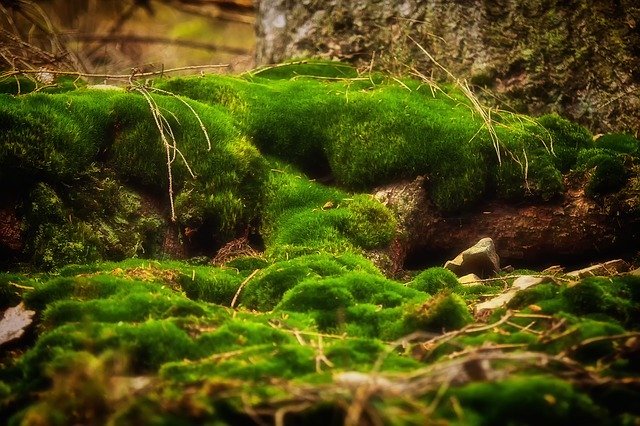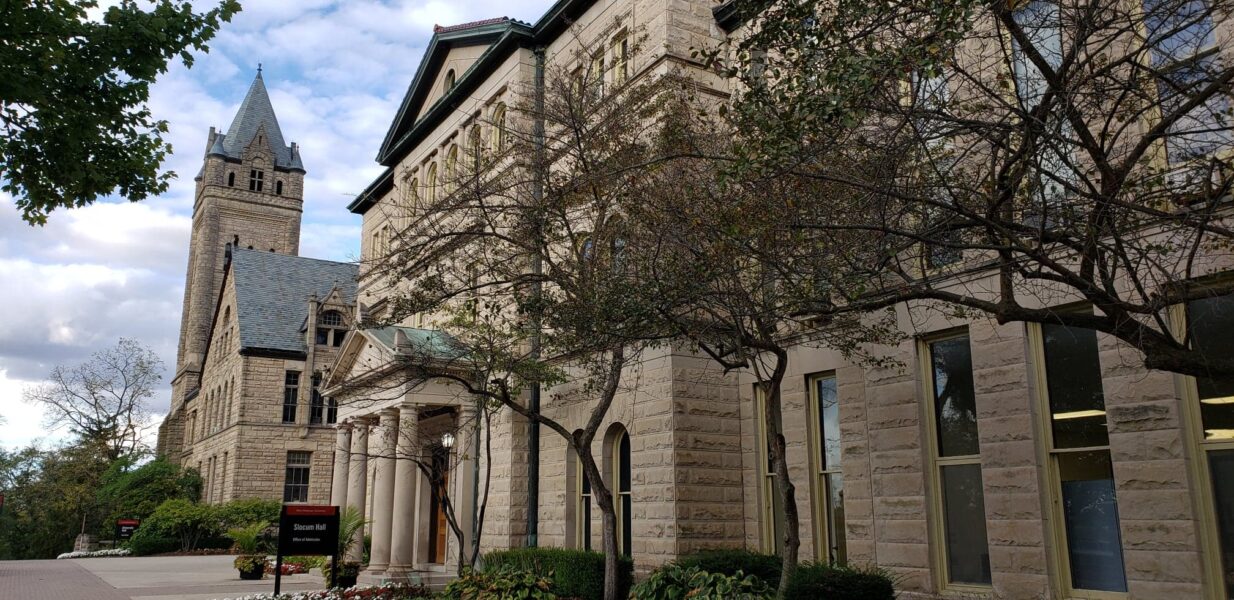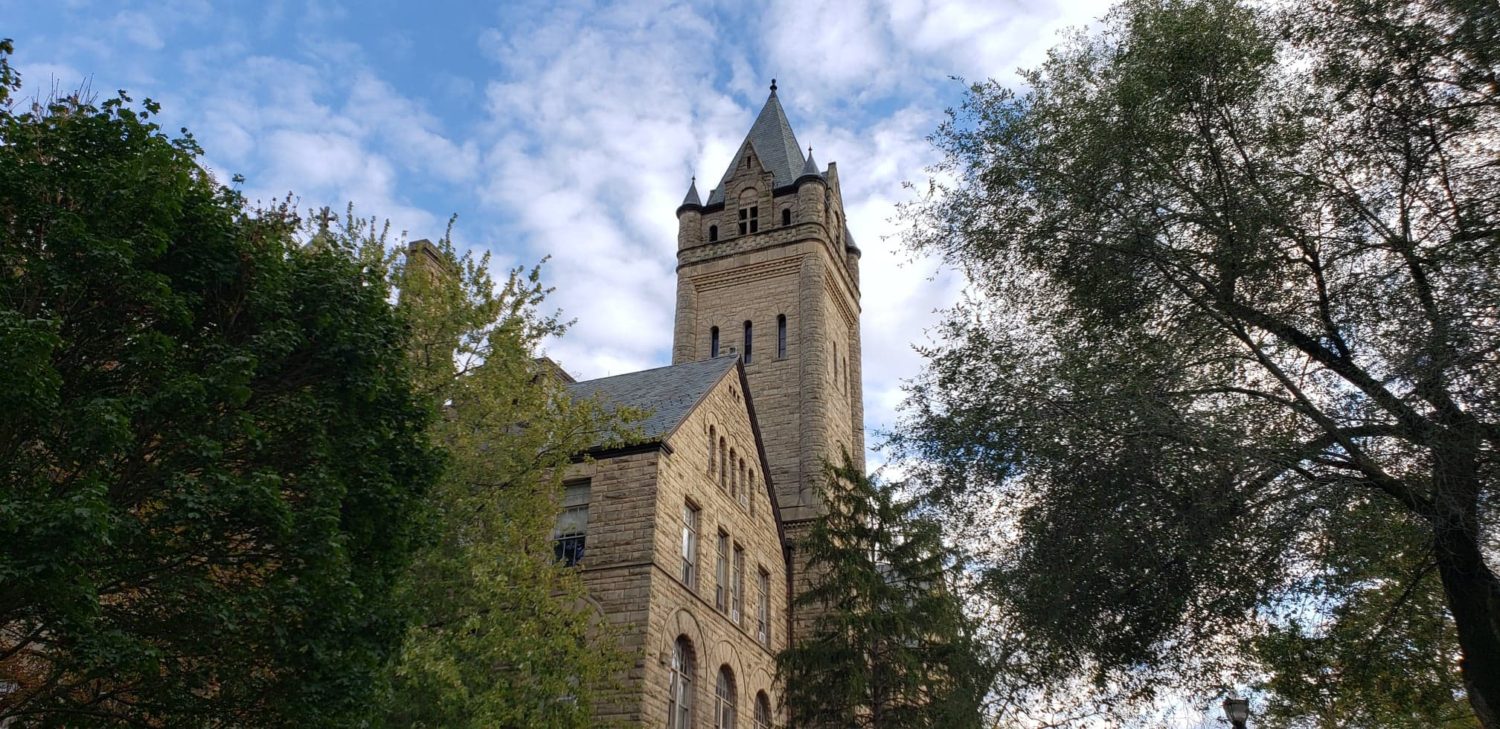The National Science Foundation is awarding Ohio Wesleyan University a one-year, $86,735 grant to oversee the creation of online teaching tools that advance field ecology and data science.
Laurel J. Anderson, Ph.D., OWU professor of botany-microbiology, is the principal investigator on the federal grant. She also is president of the Board of Directors for the Ecological Research as Education Network (EREN), a consortium of colleges and universities that will work together to create the new teaching tools. Dr. Anderson will partner with Dr. Tim McCay from Colgate University to administer the project.
“The pandemic has created an urgent need to reimagine our teaching of field ecology, which is usually done with in-person field trips,” said Dr. Anderson, who helped to found EREN in 2010.

“However, field ecologists also use computer technology extensively to explore natural patterns at large scales,” she continued. “These projects allow us to meet our need to socially distance and have students collecting data wherever they happen to be. Then, we use online tools and datasets to see how their data fits into large-scale patterns.”
The National Science Foundation (NSF) grant will support four projects developed by teams of faculty-researchers at schools across the nation. The projects are:
- Backyard Pollinator Surveys led by Dr. Kaitlin Stack Whitney at the Rochester Institute of Technology.
- Plants in the Human-Altered Environment led by Drs. Jason Kilgore at Washington & Jefferson College and Karen Kuers at The University of the South.
- Mosquito Surveys along Anthropogenic Impact Gradients led by Dr. Allison T. Parker at Northern Kentucky University.
- Lichens in Diverse Landscapes led by Drs. Danielle Garneau at SUNY Plattsburgh, Matthew Heard at Belmont University, and Mary Beth Kolozsvary at Siena College.
The teaching tools being created will use data from the National Ecological Observatory Network (NEON) to show students how local data connects to ecological patterns at a continental scale.
NEON is a continental-scale ecological observation facility fully funded by the NSF and operated by Columbus, Ohio-based Battelle. NEON provides open data from 81 field sites nationwide to document how ecosystems are changing. The information is used to better understand how human activities affect ecology and how society can more effectively address critical ecological issues.










